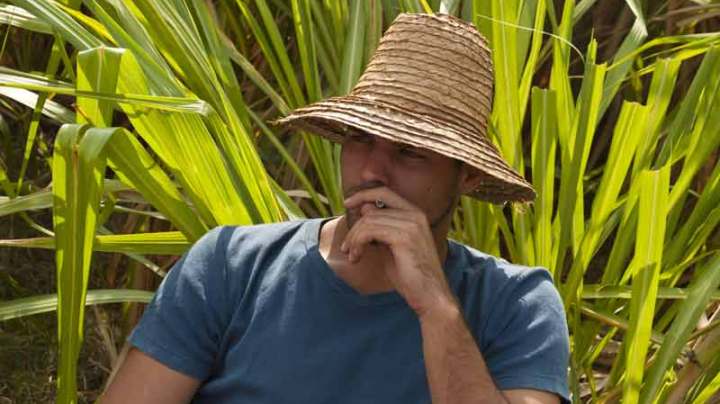La jaula de oro
Director: Diego Quemada-Díez
Country: México, Spain
Hundreds of people fleeing poverty in Central America perched on top of a train travel across Mexico, where they are subject to harassment by authorities, hustlers and thugs. For those who saw Sin nombre (2009), the film by Bay Area’s Cary Fukunaga on the same subject, La jaula de oro has a grittier look and feel — muted, with less artifice.
It is a masterpiece; a very well rounded film that follows, from beginning to end and in detail, the precarious journey of three teenagers who leave Guatemala to come to the USA. Harsh and emotional, it concentrates on the feelings of helplessness, jealousy at times, and overall camaraderie that springs up between them.
